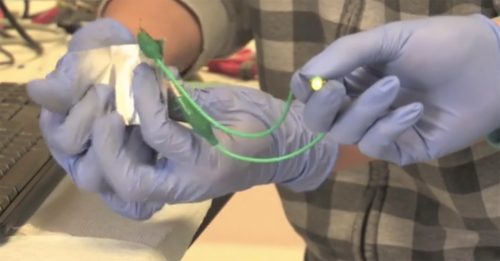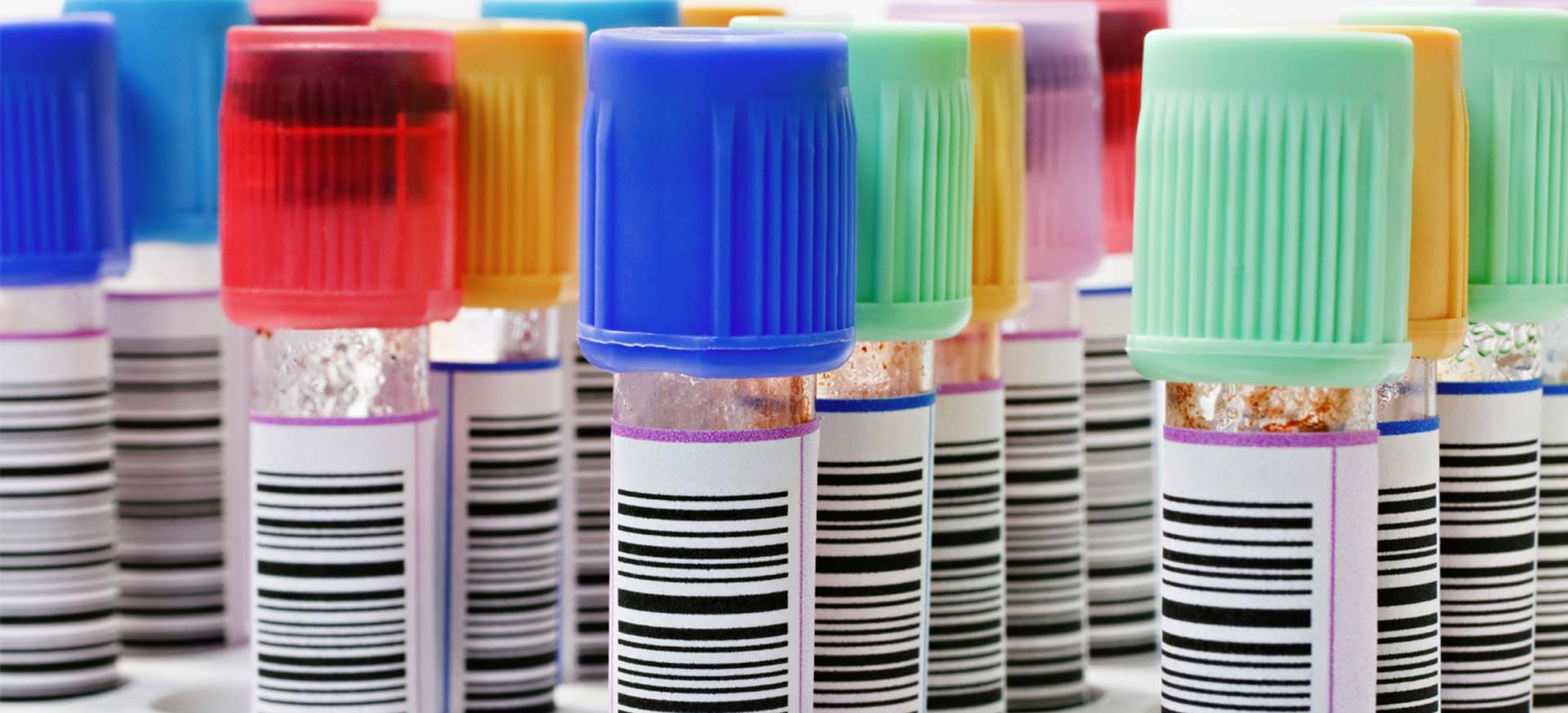How to Care For Your Barcode Scanner Batteries – Without Spending More Money.
How to Care For Your Barcode Scanner Batteries – Without Spending More Money.

Batteries play a big part in portable printing, barcode terminals and cordless scanners. Recently, I sat down with an expert from Global Technology Systems, a company who supply batteries to some of the world’s largest companies to use in their Zebra and Honeywell devices. I didn’t realise there was so much to learn about batteries. Here are some ideas on how to properly care for your barcode scanner batteries to keep them in top condition.
What You Need To Know About Batteries
- Lithium-Ion (Li-ion) batteries are more advanced than Nickel Cadnium (NiCad) and Nickel Metal Hydride (NiMh) batteries and don’t need to be fully discharged before re-charging.
- Li-ion batteries don’t suffer battery memory as NiCad batteries do. This means that Li-ion batteries will keep more of their charge longer.
- The lifespan of a Li-ion battery is 500 charge cycles. The battery life decreases as the charge cycle increases.
- If unused, a Li-ion battery will lose as much as 5% of its charge a month.
- Li-ion batteries start degrading as soon as they’re made. They will only last two or three years from the date of manufacture whether you use them or not.
- Li-Ion batteries degrade faster in high temperatures.
- Lithium Ion Polymer (Lipo) batteries are lighter and more durable but aren’t quite as energy dense as their Li-ion predecessors. Lipo batteries are regularly seen in drones and phones.
- Quality batteries are date-stamped with manufacturing dates and serial numbers.
- Electronics with back-up batteries must be full-charged to keep the battery in good condition.
Barcode Scanner Batteries: Charging Tips

- When using a Li-ion battery for the first time, follow the manufacturer’s instructions on charging. If the instructions tell you to charge your device overnight, charge it overnight.
- Charge your battery at room temperature between 4ºC – 32ºC.
Battery Life Checklist:
Follow this check-list to maximise your device’s battery life
- Set your LCD display back-light to the lowest readable level. Set it to auto-dim after 15 seconds of idle time.
- Audible sounds use valuable battery power. Do you need them? Turn them off or set the audible volume to its lowest practical level.
- Do you have 4G capability? Turn it off if you’ve got Wifi access.
- The batteries I’m buying have a serial no and date stamp on them
- Turn off Wifi if you’re always using 4G.
- Label your batteries. Try and use the same batteries in the same mobile device (try not to mix them up).
- Change your battery as promptly as possible when you see the low power alert on your LCD screen display.
- Keep a charged spare battery pack on hand.
- Check your batteries for leaks, cracks, swelling and other signs of damage every few months.
- Never use defective or damaged batteries – they contain flammable liquids.
- Replace your batteries annually if you’re a heavy user (24/7 user). Every 18 months if you’re a less intensive user (i.e. 8 hours shifts). Contact us for a quote for replacement barcode scanner batteries
- Cleaning your battery contacts with a pencil eraser every few months means they will charge properly.
The future of batteries
Batteries that charge quickly, are lightweight and small and that have a long cycle life are the future. They’re needed for electric vehicles and solar storage. Whilst barcode scanner batteries aren’t likely to be in the forefront of most researchers minds, portable computing is very important and we’ll see this technology arriving soon to a scanner near you. This is what universities and laboratories the world over are working on:
Graphene batteries
The wonder material that’s been in the news for the past few years is graphene. This carbon based material can be used in batteries, providing a battery that charges 30 times faster than lithium Ion, discharges many times faster (this is quite useful when a car needs to draw upon massive power to accelerate) and is five times more energy dense than Li-ions.
We’re likely to see graphene make it’s way into batteries in the near future. In November 2017 Samsung researchers have announced batteries that use graphene to charge five times faster than Li-ion batteries. They’ve also developed a method for making graphene more cost effectively than before, a technology that will see more uses for graphene – no doubt.
Na-Ion batteries
Those of you who remember school chemistry will recognise Na as Sodium. French researchers have created a battery similar in performance to Lithium Ion, but with a life span of 2,000 charge cycles – four times better than Li-Ion.
Prieto Batteries
The Prieto Battery company is a US based research company working on a revolutionary 3D Li-Ion technology that promises five time better energy density, faster charging and a longer life – all made more cheaply than existing Li-Ion batteries – with the added benefit of using a cleaner, more environmentally friendly manufacturing process. Formed in 2009, they’re yet to make a breakthrough – so keep an eye on their website for future updates: www.prietobattery.com.
Solid state batteries

The university of Texas’ Prof John Goodenough (the father of the Litium Ion battery) and separately, scientists at MIT, working with Samsung, have been developing solid-state batteries – an improvement on current lithium-ion efforts. These batteries seek to be safer, longer lasting and more energy dense.
Current lithium-ion batteries contain amounts of an electrolyte liquid. It’s this liquid that can be flammable and which limits the life of the battery.
MIT reports their new batteries could be charged for hundreds of thousands of cycles before degrading. They could also provide a 20 to 30 per cent improvement in power density – a breakthrough for electric vehicles and drones especially as they’re not flammable.
Further help
We provide all the main brands of barcode scanner batteries, along with high quality compatible batteries, at considerable savings. If you need further advice or costs of replacement batteries, email us at info@expertlabels.co.uk



